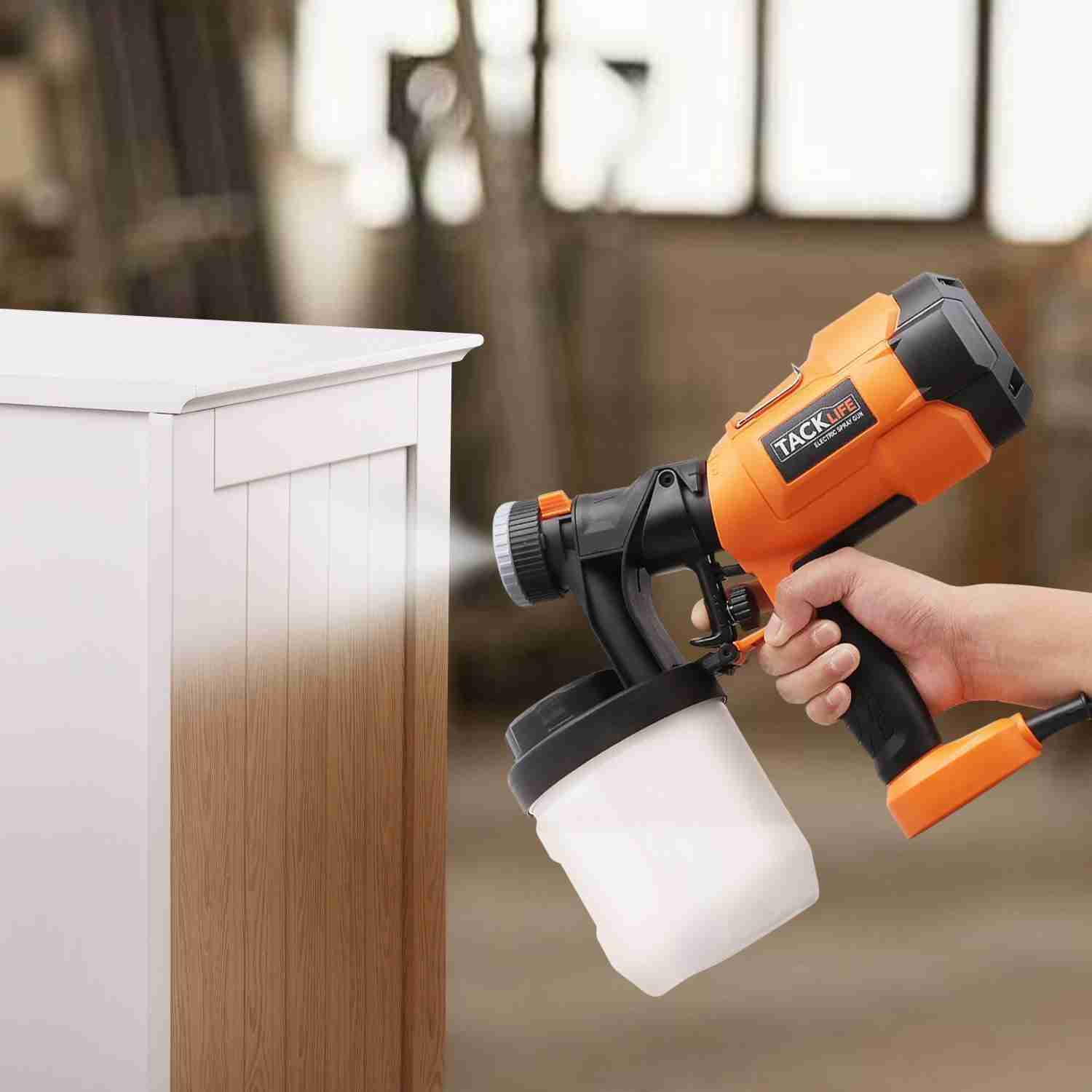Aluminum vs Steel: What Are the Differences?
Today, the construction industry is investing in sustainable and recycled materials. Materials like steel and aluminum can last a lifetime and are recyclable.
The next question is, what are the differences between steel and aluminum?
Both types of materials have good and bad qualities. You must understand all these qualities to choose the suitable building material for your project.
For example, one material may be stronger than the other. One might be easier to get to stand up without bending.
In the following article, we will discuss the main qualities of aluminum vs steel.
To understand the differences, you will need to consider the qualities of each material.
Definition of Aluminum and Steel
What is aluminum? Aluminum is lightweight and corrosion-resistant, making it ideal for window frames and roof cladding applications. It can also make containers and cooking utensils.
What is steel? Steel is heavier and more robust than aluminum. Its strength made it famous for reinforced concrete and used to build durable frames and structures.
Environmental Factors: Aluminum vs Steel
Aluminum and steel are metals with various uses in modern industry. Aluminum requires much more energy to manufacture. It leads to nitrogen oxides, sulfur dioxide, and carbon dioxide emissions.
It is also non-recyclable and can remain in the environment for an unlimited time. On the other hand, steel manufacturing is less energy intensive, with fewer emissions. It is recyclable, which allows it to be reused.
Both metals can be used in construction, but steel projects are usually more robust and need less maintenance. Therefore, from an environmental standpoint, steel might be used in many applications.
Physical Characteristics of the Two
Aluminum has a few unique physical characteristics that distinguish it from steel and other metals. It is a light metal, weighing around one-third of the weight of an equal volume of steel. This metal makes laminated sheets like brushed, polished, mirror, and satin.
The malleability is higher than steel’s, making it a popular choice for fabricating. It also has a much lower melting point than steel, about 1200℃ compared to 1300℃ for steel.
Steel is more complicated, challenging, and rigid than aluminum, thus more suited for mechanical usage. It also has a high strength-to-weight ratio and is much more durable than aluminum.
For better ideas, find more brushed aluminum laminates here.
Cost Analysis of Each
Aluminum is much lighter in weight than steel. It offers better corrosion resistance and thermal insulation properties. The downside, however, is that aluminum is generally more expensive than steel.
Steel is a much stronger material than aluminum and provides better compression and tensile strength. But it is also heavier and often requires extra coating for corrosion resistance. When analyzing the cost, consider not only the upfront cost but also the costs associated with labor, maintenance, and repair.
Have the Best Material to Use
You must carefully make the decision in aluminum vs steel. Aluminum is lightweight and corrosion-resistant, while steel is solid and affordable. Each material has its own unique set of characteristics and potential uses.
Check your needs to determine which material is suitable for your application. Consult a professional for expert advice and assistance.
Keep browsing to learn more about which grade of aluminum or steel products would work best for your needs.



